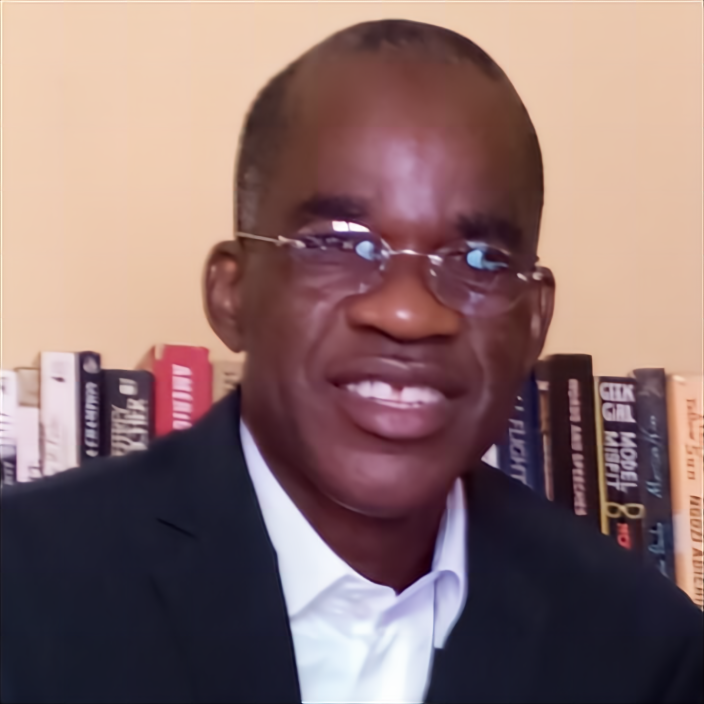The January 31, 2022, Article IV of the International Monetary Fund (IMF) released by its Executive Board has recommended that the Federal Government of Nigeria should urgently increase Value Added Tax (VAT) from the current 7.5 percent, remove the official exchange rate, and fuel subsidy to promote long-term, inclusive growth and strengthen Nigeria’s external position.
Oxfam is of the view that medium to long-term recovery efforts should continue promoting fiscal and policy space that allows for an increase, rather than a decrease, in social spending, and progressive tax policies that collect sufficient revenue and redistribute wealth fairly.
“A sharp increase in VAT will widen the inequality gap in Nigeria and may plunge more Nigerians into extreme poverty,” said Dr. Vincent Ahonsi, the Country Director of Oxfam in Nigeria.
In Nigeria, the two richest billionaires have more wealth than the bottom 63 million Nigerians.
“Instead Nigeria should tax the wealthy and invest the trillions that could be raised into social services and infrastructure, climate adaptation, improve early warning systems for extreme weather, help poor farmers to buy weather-indexed crop insurance, and research seeds that can better cope with droughts,” said Dr. Ahonsi.
Rather than putting further burden on the bottom 99% of Nigerians, Oxfam reiterates earlier recommendations to Nigeria Government:
- Claw back the gains made by billionaires by taxing the huge new wealth made since the start of the COVID-19 pandemic through permanent wealth and capital taxes.
- Take advantage of the COVID-related offers of debt relief to get its current debt service suspended, and negotiate a comprehensive cancellation of its overall debt as soon as possible.
- Sharply increase its spending on education and health, and ensure that more of all its social spending gets to the poor to address chronic underfunding of public services and very poor outcomes/coverage for the poorest.
- Scale-up social protection, including enacting the social protection plans for the country to meet coverage levels more in line with Nigeria’s middle-income status.
- Improve transparency and accountability by publishing budgets both at federal and state levels and enabling greater scrutiny of future allocations and expenditures by making budgets publicly available.
- Tackle sexist laws that discriminate against women and create new gender-equal laws to uproot violence and discrimination.
#End
Rita Abiodun | rita.abiodun@oxfam.org | + 08089721663
For more information about Oxfam and its work in Nigeria, visit www.nigeria.oxfam.org.
Notes to editors
Download the “Inequality Kills” report and summary and the methodology document outlining how Oxfam calculated the statistics in the report.
Oxfam’s calculations are based on the most up-to-date and comprehensive data sources available. Figures on the very richest in society come from Forbes’ 2021 Billionaires List. Figures on the share of wealth come from the Credit Suisse Research Institute’s Global Wealth Databook 2021. Figures on the incomes of the 99 percent are from the World Bank.
IMF 2021 Article IV Consultation with Nigeria can be found here
